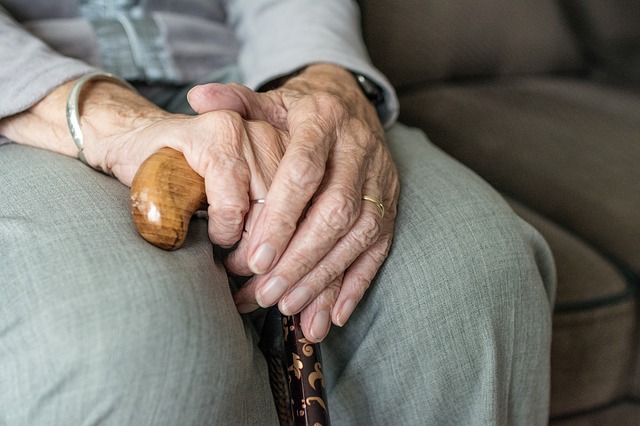Deciding when is the right time to have a conversation about care with an elderly relative can be a sensitive issue. For all of us, our ability levels will decline over time – that’s completely natural. What’s also natural is that many of us will resist any idea that we’re struggling to cope and that we need a bit of help. All of which means that we might miss the signs that our relative has a care need.
Here are a few signs that might indicate that it’s time for a serious talk and possibly a care needs assessment.
Declining Mobility
Mobility levels often drop off slowly so we don’t notice the change. Take a good look at how easy your relative finds it to do routine things like cleaning, shopping and walking. Are they struggling more than they need to?
Hygiene
If somebody takes less care over their appearance than they used to, it might mean that arthritis or some other physical condition makes tasks like laundry or washing themselves difficult or painful. It might also mean that they are getting forgetful, perhaps due to the early stages of dementia.
Missing Meals
Weight loss could be a sign that your relative isn’t able to prepare meals or may be forgetting to have them. Care at home support will help make sure that they maintain a good level of nutrition, which is essential for physical and mental wellbeing.
Changing Behaviour
Warning signs are when people become withdrawn, uncommunicative, angry, forgetful, confused or paranoid. These could indicate deteriorating mental health.
Medication Management
Confusion over what medication is a strong signal that care support may be necessary. Clearly, it’s important that prescribed medications are taken according to the instructions.
Financial Management
Financial problems and unpaid bills can be highly stressful in themselves. They can also be signs of failing memory and indicators of underlying mental health issues.
Injuries
Bruises, burns and other injuries can be some of the clearest signs that there are care issues that need to be looked at. It might be problems with balance, difficulty with cooking, memory loss or declining physical ability.
If you notice any of these signs, it’s important to remember that care isn’t about taking away independence. It’s about providing targeted support to help people stay safe and enjoy life as fully as possible.
Websites such as Age UK have plenty of useful information about different care options, costs and financial support. You can also contact the team at Altogether Care who will be happy to talk through the options available.








